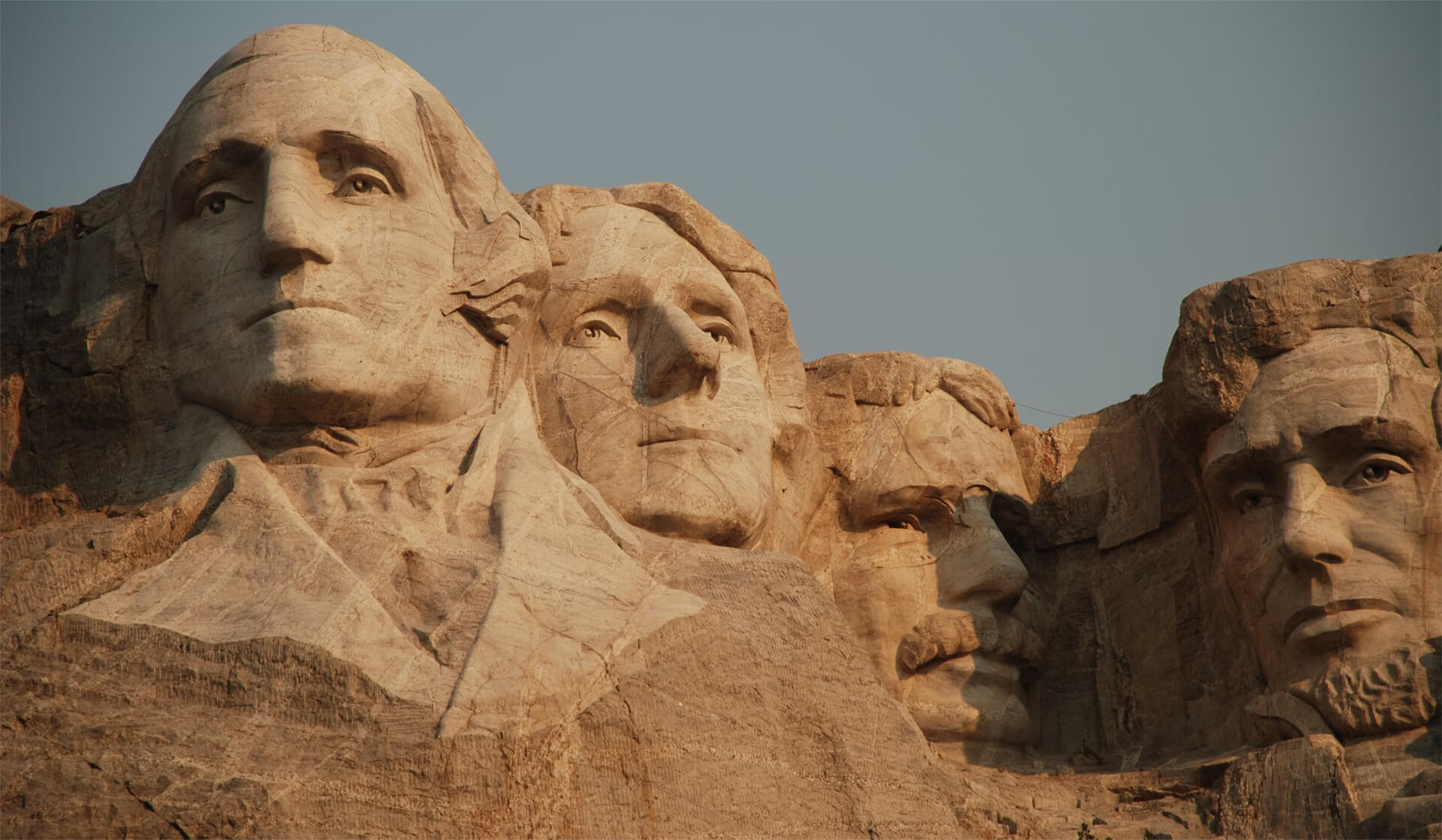Many of you have asked who my favorite US President is, so I figured I would do a video covering that. And we don’t have to go too far back, just to number 41 – George H.W. Bush.
He had the right skills for the job (thanks to experience as a congressman, ambassador, CIA director, and VP) and he navigated a changing (and globalizing) world in a way that sustained American dominance, improved the human condition, and helped manage the dissolution of the Soviet Union.
Since “Poppy” lost his re-election, we’ve seen a series of narcissistic presidents, leading the US down a more isolationist and protectionist path. The window to reshape the global order is closing for now, and it will be a few decades before the US and the wider world is ready to try it again.
Here at Zeihan on Geopolitics, our chosen charity partner is MedShare. They provide emergency medical services to communities in need, with a very heavy emphasis on locations facing acute crises. Medshare operates right in the thick of it, so we can be sure that every cent of our donation is not simply going directly to where help is needed most, but our donations serve as a force multiplier for a system already in existence.
For those who would like to donate directly to MedShare or to learn more about their efforts, you can click this link.
Transcript
Hey, everybody. Peter Zeihan here. Coming to you from D.C. That’s obviously the Washington Monument behind me, one of the handful of things not covered in scaffolding at the moment. Considering that the election is almost upon us, I decided to take a question from the Ask Peter forum on the Patreon page and answer: who is my favorite president and why?
And that’s a no-brainer. That’s George Herbert Walker Bush. If you consider he was president at the end of the Cold War and helped manage the decline of the Soviet Union without a shot being fired in our direction, isn’t that enough to make him a great president? But think about what it was he tried to get us to do.
He wanted us to have a conversation with ourselves about how we take the Cold War alliance, the globalized system, and play it forward for another generation of American preeminence, while also aiming to improve the human condition. And if you think about what he inherited, that was pretty bold, because the whole idea of globalization was that we needed a world full of allies to be on our side against the Soviet Union. To do that, we created the global structure and used our Navy to patrol the global ocean so anyone could trade with anyone else without even a military escort.
Basically, it would be like every single country won World War II all by themselves and could dictate the terms. Free commerce, and the U.S. allowed everyone to do that. Having those assets in play when the Soviet Union finally fell presented the ability to create a new human condition on a global basis, and he was the right person to do it. Not only had he just come from the White House—not just for two years as president, but eight years as vice president—he had served in Congress as an elected representative.
He’d been an ambassador to China, run the CIA, and was on a first-name basis with everyone in the world who mattered. He was the right person in the right place at the right time with the right Rolodex, asking the right question. So, of course, we voted against him, threw him out of office, and started down a parade of relatively or increasingly narcissistic leaders.
The six we’ve had since then include definitely four of the worst presidents we’ve ever had in American history. I’ll let you guys debate among yourselves who the two exceptions are. But it was a missed opportunity. And now, today, that opportunity has probably expired. The United States has not just simply turned sharply isolationist and protectionist on both sides of the political aisle, but the nature of the world has now changed to the point that doing any sort of broad reboot is not possible.
Thirty years on, we’re all 30 years older. Most countries have terminal demographics, and the moment we had to reshape everything has passed. So we’re going to have to wait another 20 or 30 years for all of this to shake out. Hopefully, at the end of that period, we will have another president similar to Herbert Walker Bush who is willing to ask us that question again.
And maybe this next time, we’ll choose to answer.








